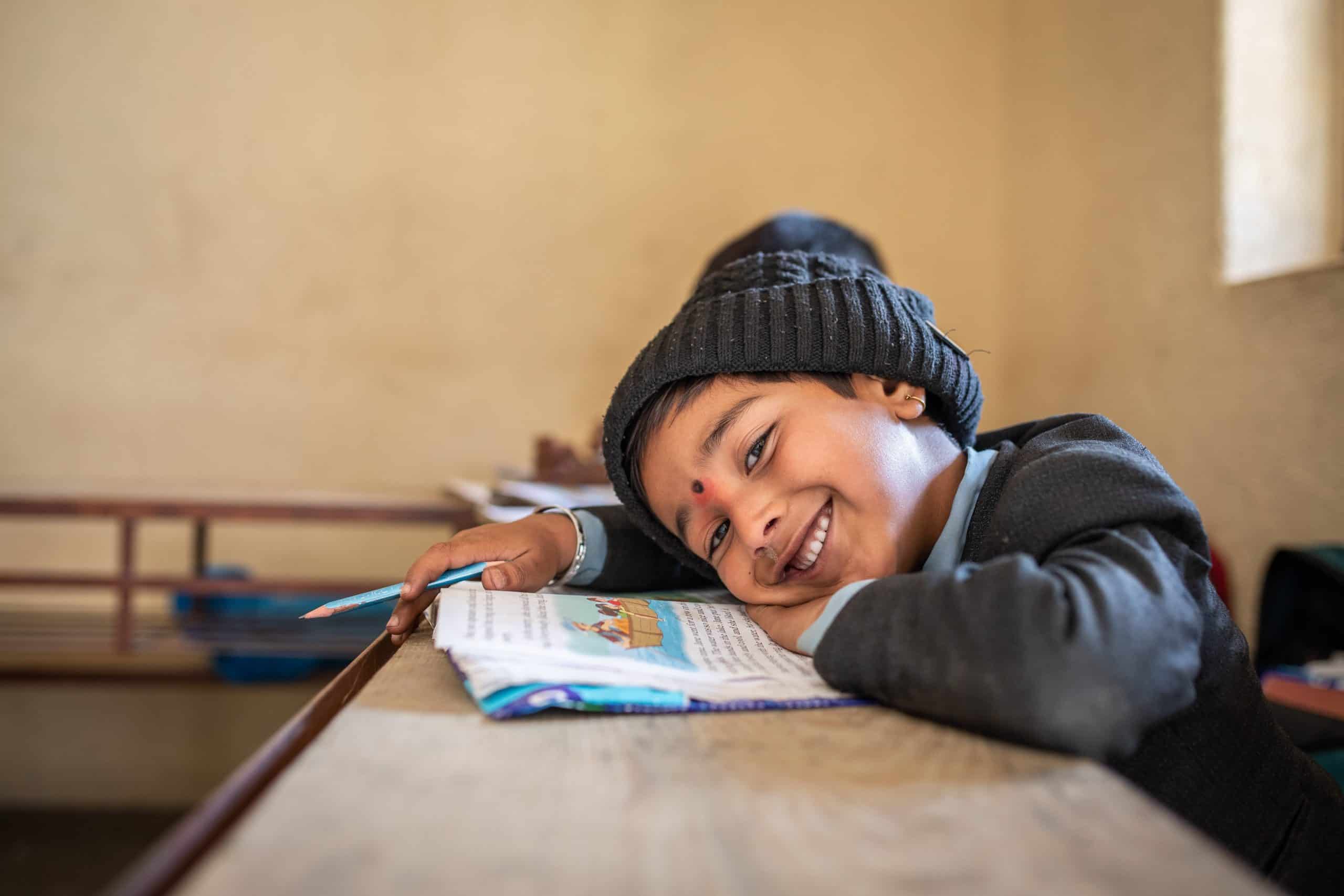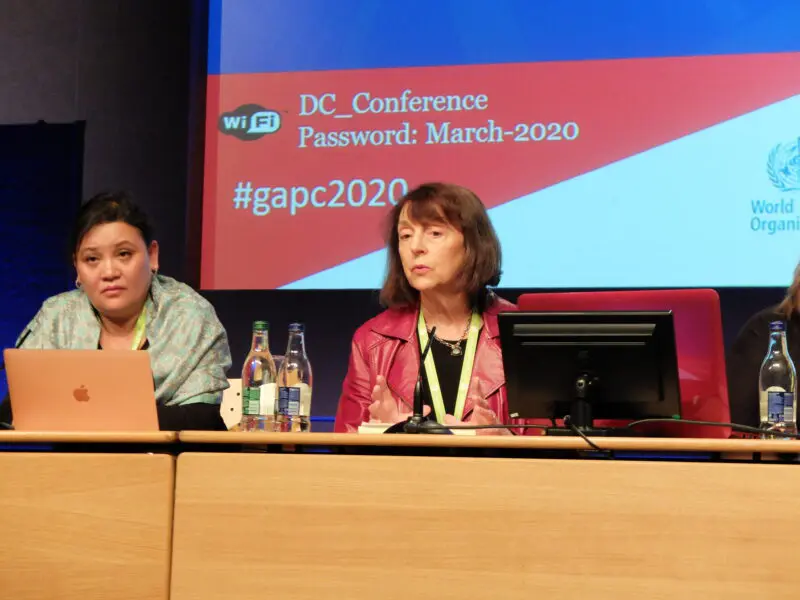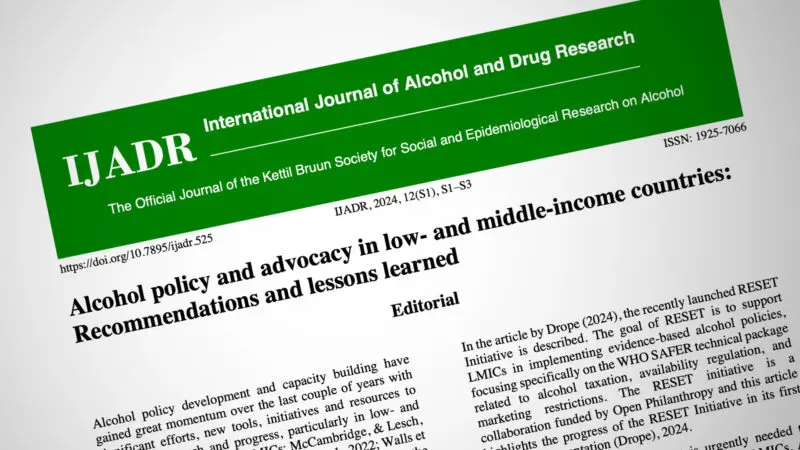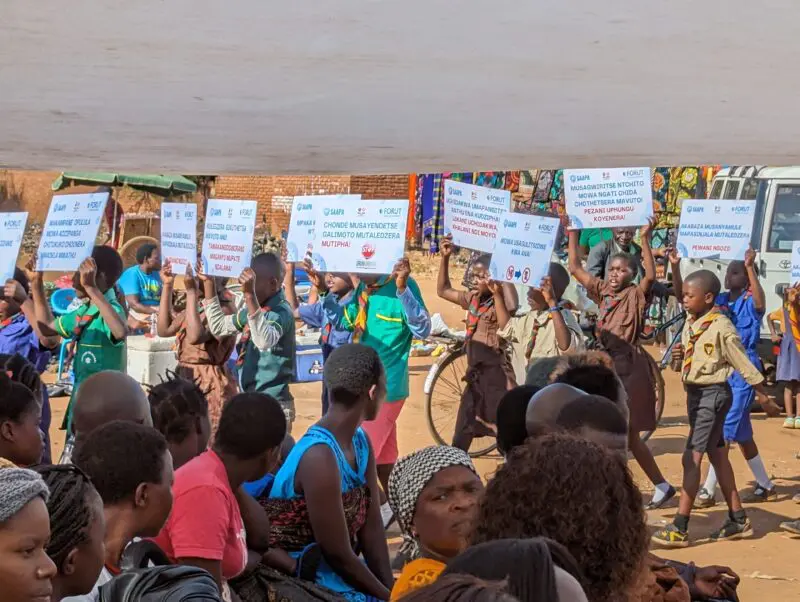FORUT’s Programme Department have finished a comprehensive results report which highlights the outcomes of FORUT’s international programmes in accordance with the cooperation agreement with the Norwegian Agency for Development Cooperation (Norad) for the period 2019-2022.
The FORUT Results Framework is based on the understanding that by championing the empowerment of people and upholding fundamental rights, these processes help reduce poverty and inequality, whilst restoring the inherent dignity that each individual is entitled to. Over the past four years, FORUT has partnered with, and strengthened, a total of 16 local civil society organisations. Through concerted efforts, FORUT and partners are committed to a transformative journey, where the upliftment of the marginalised and the safe- guarding of human rights are the cornerstones of a just and equitable future.
The Results Report is structured into five main chapters. The first chapter is an introduction to FORUT and where we work, including our contribution to the Sustainable Development Goals Agenda.
The second chapter on Results comprises of four key sections. The first section on progress towards outcomes presents the key achievements on: i) good governance and civil society mobilisation, ii) legislation and advocacy work on alcohol and drugs in the three Alcohol, Drugs and Development programmes, and iii) a broad selection of results in FORUT’s six country programmes with selected stories on how partners have worked to influence development and impact at scale.
Our interventions over the reporting period have centred on the poorest and hardest to reach, with particular focus on women, children and youth’s rights and needs. In Nepal, the close collaboration with local authorities has ensured children’s right to protection and access to quality mental health services by the Children and Adolescent Psychiatry (CAAP) unit, including a tele-consultation system with national reach. The mobilisation of grassroots and civil society organisations continues to be key in our country programmes – working at community level, primarily with youth, on issues of gender equality, GBV, HIV/AIDS, and protection from the harm of alcohol use has proven to be an effective way to promote change in for example Malawi, Zambia and Sierra Leone. This chapter further provides an overview of unexpected effects of the Project implementation, FORUT’s added value in varied operating contexts, and partners’ accomplishments towards strengthening local civil society.
The third chapter elaborates on the strategic alliances our partners have forged with authorities to ensure transformative and systemic changes, as well as cross cutting issues. These issues cut across different policy areas, affecting not only the target groups but also society as a whole. FORUT’s Development Strategy 2018-2030, reviewed in December 2021, is anchored in human rights principles, women’s rights and equality, climate and environment, and anti-corruption and good governance approaches. Chapter four includes learnings from evaluations over the reporting period and the 2022 endline survey. Chapter five provides an overview of FORUT’s finances.
As we endeavour to make a profound impact on peoples’ lives, we remain resolute in our commitment to push the boundaries of what the development community deems possible. FORUT embraces a holistic approach to development where equal partnerships are imperative, constituting a necessary part of any genuine contribution towards human development and poverty eradication. This report illustrates the various pathways that our partners have taken in shaping their own communities from within. FORUT and our partners are confident we have found effective means to deliver substantive and meaningful change and will further remain dedicated advocates to this over the coming years.






